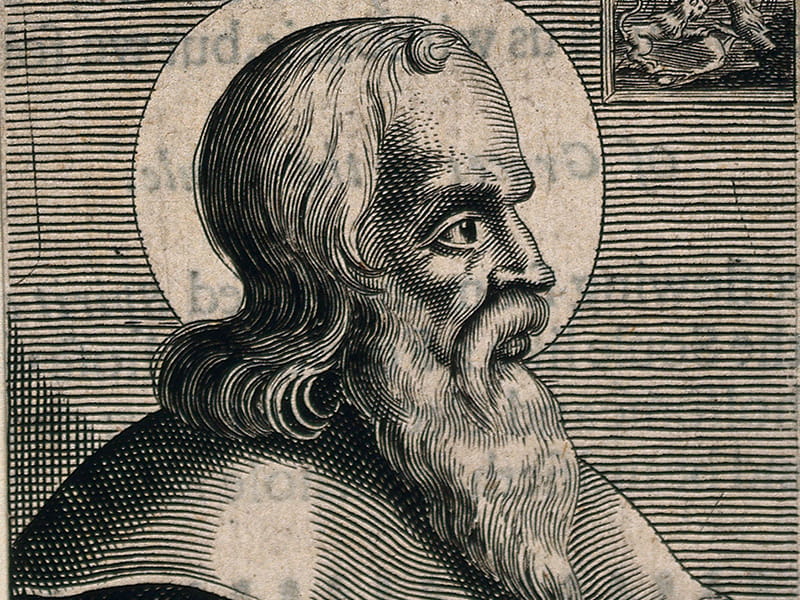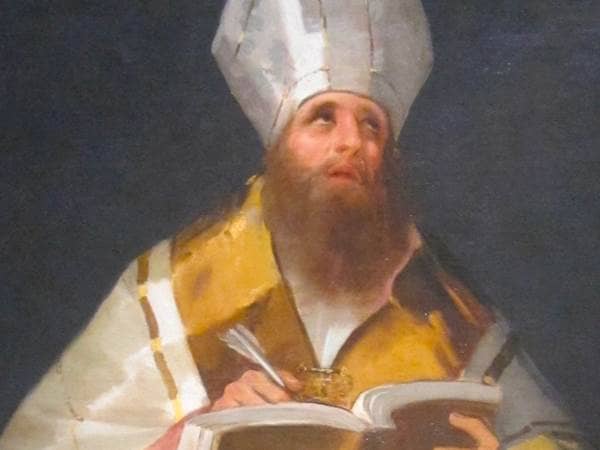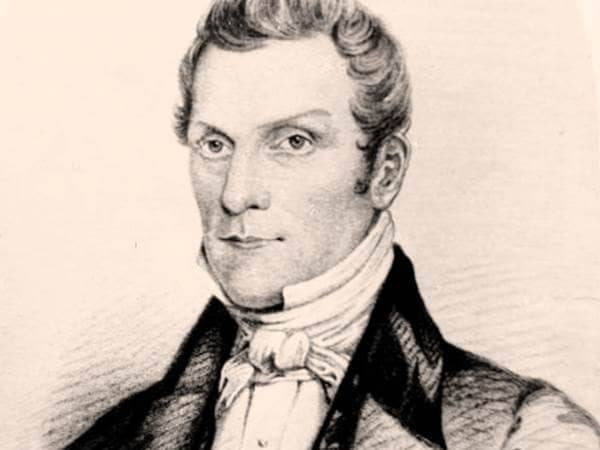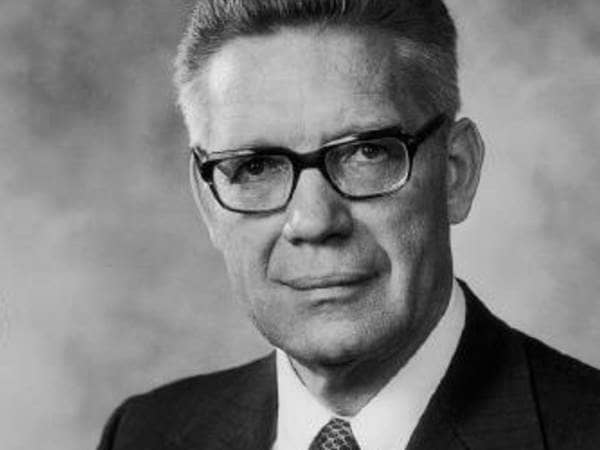
- Profession: Bishop
- Lived: 69 AD - 155 AD
- Nationality: Italian
- Known for: Apostle of John
- Fun Fact: Polycarp served as a bishop in Smyrna.
- Fun Fact: His name means "much fruit" in Greek.
Polycarp was a Christian bishop of Smyrna. According to “The Martyrdom of Polycarp,” he died a martyr, bound and burned at the stake, then stabbed when the fire failed to consume his body. Believers regard Polycarp as a saint and Church Father in the Catholic, Eastern Orthodox, Oriental Orthodox, Anglican, and Lutheran churches.
His name means “much fruit” in Greek. Both Irenaeus and Tertullian say that Polycarp had been a disciple of John the Apostle, one of Jesus’ disciples. Polycarp is regarded as one of three chief Apostolic Fathers, with Clement of Rome and Ignatius of Antioch. The only surviving work attributed to him is the “Epistle of Polycarp to the Philippians,” a mosaic of references to the Greek Scriptures. Along with an account of “The Martyrdom of Polycarp,” it forms part of the collection of writings called “Apostolic Fathers.” After “The Acts of the Apostles,” which describes the death of Stephen, “The Martyrdom is considered one of the earliest authentic accounts of Christian martyrdom.
Irenaeus regarded the memory of Polycarp as a link to the apostolic past. In his letter to Florinus, a fellow student of Polycarp who had become a Roman presbyter and later lapsed into heresy, Irenaeus relates how and when he became a Christian. According to Irenaeus, when his fellow Syrian Anicetus was Bishop of Rome, Polycarp visited Rome to discuss differences in the practices of the churches of Asia and Rome.
Irenaeus states that on certain things, the two speedily came to an understanding, while as to the observance of Easter, each adhered to his custom, without breaking off full communion with the other. Polycarp followed the Eastern practice of celebrating the feast on the 14th of Nisan, the day of the Jewish Passover, regardless of the day of the week on which it fell. Anicetus followed the Western practice of celebrating the feast on the first Sunday after the first full moon after the spring equinox. Anicetus allowed Polycarp to celebrate the Eucharist in his church, which the Romans regarded as a great honor.
His name means “much fruit” in Greek. Both Irenaeus and Tertullian say that Polycarp had been a disciple of John the Apostle, one of Jesus’ disciples. Polycarp is regarded as one of three chief Apostolic Fathers, with Clement of Rome and Ignatius of Antioch. The only surviving work attributed to him is the “Epistle of Polycarp to the Philippians,” a mosaic of references to the Greek Scriptures. Along with an account of “The Martyrdom of Polycarp,” it forms part of the collection of writings called “Apostolic Fathers.” After “The Acts of the Apostles,” which describes the death of Stephen, “The Martyrdom is considered one of the earliest authentic accounts of Christian martyrdom.
Links to The Apostles and Jesus
According to Irenaeus, Polycarp was a companion of Papias, another hearer of John, and a correspondent of Ignatius of Antioch. Ignatius addressed a letter to him and mentioned him in letters to the Ephesians and the Magnesians. Polycarp’s Epistle of Polycarp to the Philippians gives some insights into the early usage of the New Testament from the quotes used within his letter.Irenaeus regarded the memory of Polycarp as a link to the apostolic past. In his letter to Florinus, a fellow student of Polycarp who had become a Roman presbyter and later lapsed into heresy, Irenaeus relates how and when he became a Christian. According to Irenaeus, when his fellow Syrian Anicetus was Bishop of Rome, Polycarp visited Rome to discuss differences in the practices of the churches of Asia and Rome.
Irenaeus states that on certain things, the two speedily came to an understanding, while as to the observance of Easter, each adhered to his custom, without breaking off full communion with the other. Polycarp followed the Eastern practice of celebrating the feast on the 14th of Nisan, the day of the Jewish Passover, regardless of the day of the week on which it fell. Anicetus followed the Western practice of celebrating the feast on the first Sunday after the first full moon after the spring equinox. Anicetus allowed Polycarp to celebrate the Eucharist in his church, which the Romans regarded as a great honor.
Date of Martyrdom
In the “Martyrdom,” Polycarp is recorded as saying on the day of his death, “Eighty and six years I have served Him, and He has done me no wrong.” This could indicate that he was eighty-six years old or that he had lived eighty-six years after his conversion. Polycarp was burned at the stake and pierced with a spear for refusing to burn incense to the Roman emperor. On his farewell, he said, “I bless you, Father, for judging me worthy of this hour, so that in the company of the martyrs I may share the cup of Christ.”
Back to Search Results






